Search
Remove Ads
Advertisement
Summary 
Loading AI-generated summary based on World History Encyclopedia articles ...
Search Results
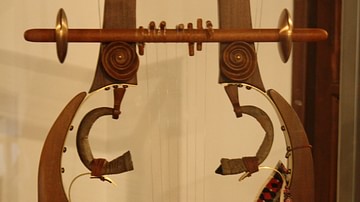
Definition
Ancient Greek Music
Music (or mousike) was an integral part of life in the ancient Greek world, and the term covered not only music but also dance, lyrics, and the performance of poetry. A wide range of instruments was used to perform music which was played...
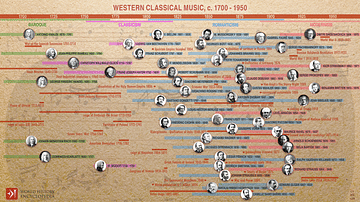
Image
Western Classical Music, c. 1700-1950
An infographic showcasing the evolution of musical styles and the creative contributions of a plethora of classical composers through four distinct periods in art history: Baroque, Classicism, Romanticism, and Modernism.
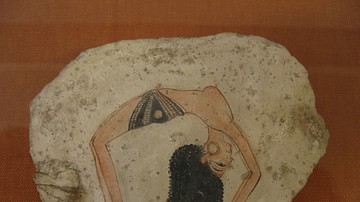
Article
Music & Dance in Ancient Egypt
Music and dance were highly valued in ancient Egyptian culture, but they were more important than is generally thought: they were integral to creation and communion with the gods and, further, were the human response to the gift of life and...
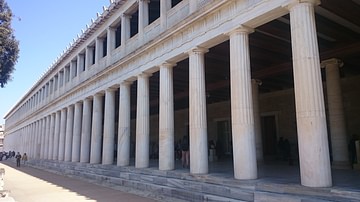
Interview
Interview: American School of Classical Studies at Athens
The American School of Classical Studies in Greece has been running its operations since the 19th century CE, with excavations across the country and an academic program that runs throughout the summer and fall. They are arguably the most...
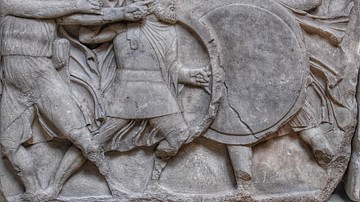
Article
The Grand Strategy of Classical Sparta
In ancient Lacedaemon, as in all enduring political communities, there was a symbiotic relationship between the form of government chosen, the way of life that this form of government fostered, and the grand strategy that the community gradually...
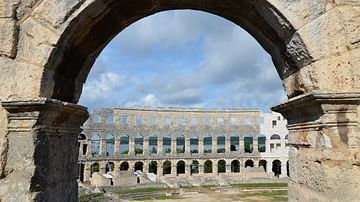
Article
Exploring Classical Pula, Croatia
Located at the southern tip of the Istrian peninsula, Croatia’s westernmost outcrop, Pula is a town of extraordinary beauty with a 3000-year history. This important Istrian port boasts a rich and varied cultural heritage and has some of the...
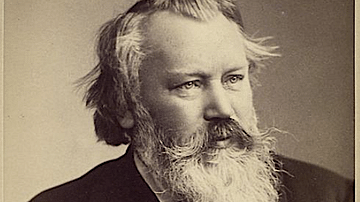
Definition
Johannes Brahms
Johannes Brahms (1833-1897) was a German composer of Romantic music best known for his symphonies, songs, and orchestral, chamber, and piano music. A great student of the history of music, Brahms was convinced that only by working within...

Definition
Edvard Grieg
Edvard Grieg (1843-1907) was a Norwegian composer known for his songs, piano music, and the Peer Gynt suites. The composer was famous in his own lifetime, touring extensively to play and conduct his own works across Europe. Grieg's Romantic...
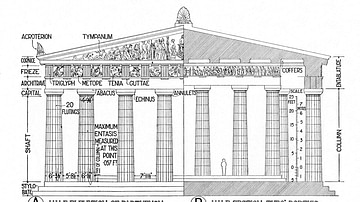
Article
A Visual Glossary of Classical Architecture
Abacus - a large slab placed above the column capital to support the architrave or an arch placed above it. Akroterion - a decorative piece added to the roof of a temple at the apex and corners, usually made of clay or bronze and often in...
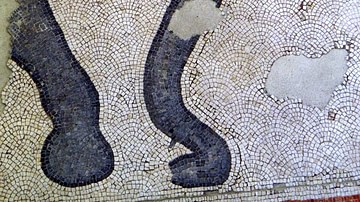
Article
North Africa During the Classical Period
Phoenician traders arrived on the North African coast around 900 B.C. and established Carthage (in present-day Tunisia) around 800 B.C. By the sixth century B.C., a Phoenician presence existed at Tipasa (east of Cherchell in Algeria). From...